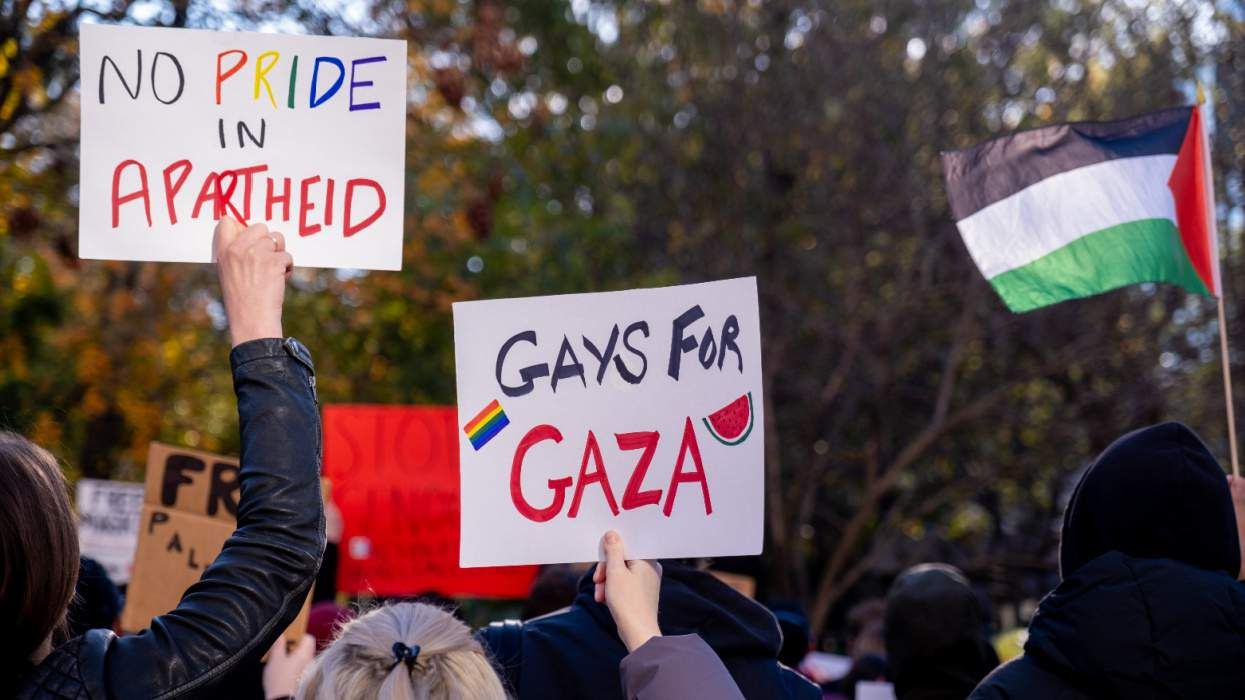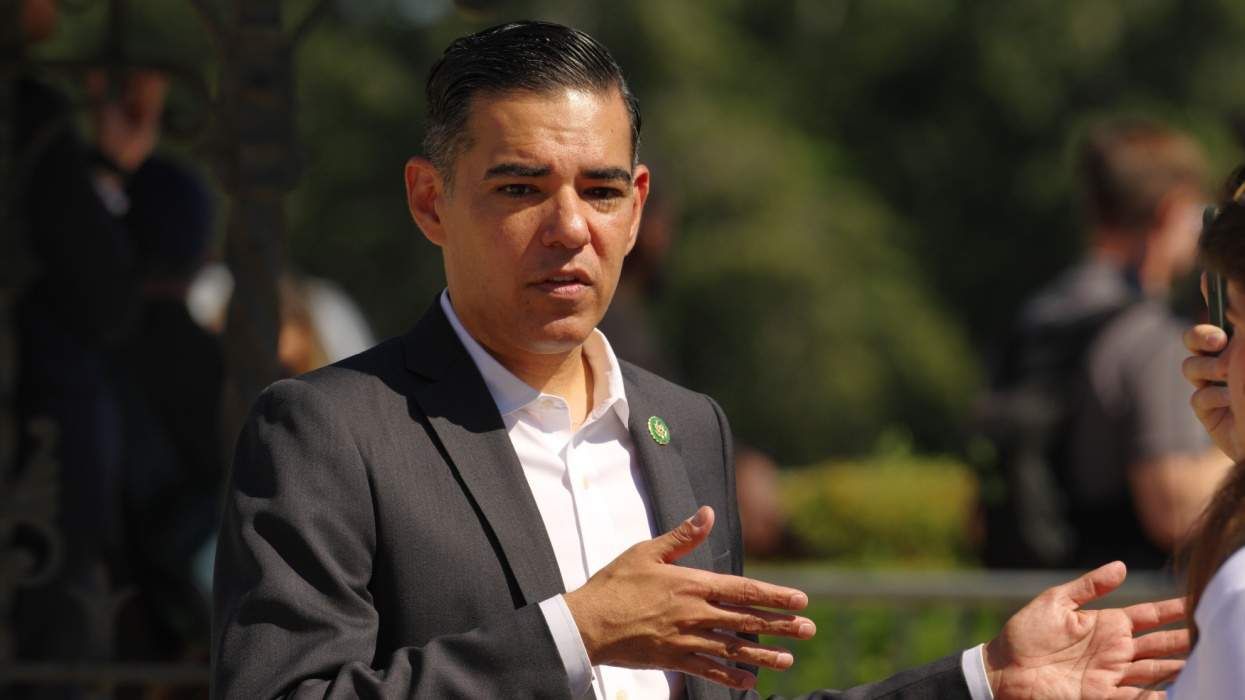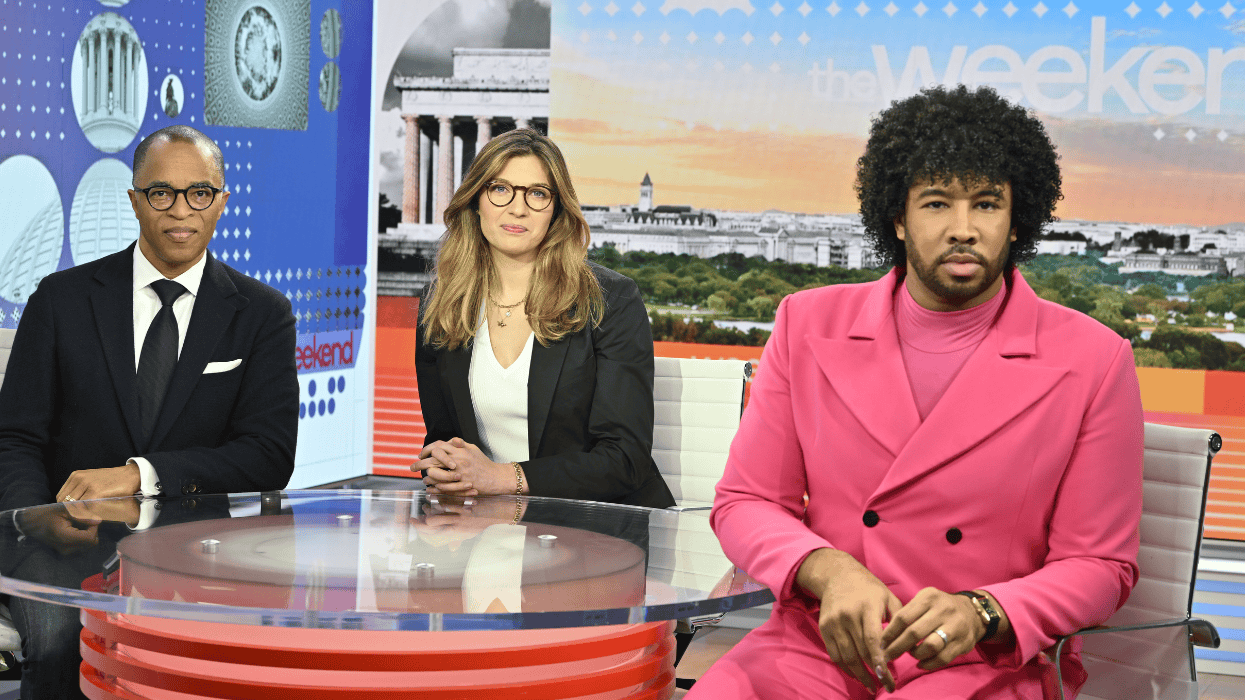Despite recent
studies showing that circumcision can reduce the odds of
heterosexual men contracting HIV, with one South African
study showing it cut infection risks by 61%, the
procedure is not expected to gain popularity in the
United States, the Los Angeles Times reports.
Although there have been no studies of the effects of
circumcision among gay men, many health experts believe that
circumcised gay men, particularly those who are the
insertive partner during anal sex, are also at a lower
HIV risk than their uncircumcised peers.
Circumcision was
once routine for newborn boys in the country, with as
many as 90% undergoing the procedure, but today the
percentage has fallen to just over 50, with
that number expected to decrease further,
health experts say. Much of the decline is due to doctors
abandoning the point of view that the procedure is
medically necessary. Some state Medicaid programs and
private health insurers also have stopped paying for
the procedure.
"Other than
condoms and antiretroviral drugs that block transmission
during childbirth, circumcision is the next best tool we
have to (slow) infections," Thomas Coates, a professor
of infectious diseases at the University of
California, Los Angeles, told the Times. But health
experts doubt medical groups, particularly the
American Academy of Pediatrics, will change their
guidelines, which currently do not recommend the
procedure.
Uncircumcised men
are believed to be at higher risk for HIV infection
because sexual fluids, which can contain HIV, can become
trapped under the foreskin, which harbors a high
concentration of cells that are susceptible to HIV
infection. (Advocate.com)

































































Charlie Kirk DID say stoning gay people was the 'perfect law' — and these other heinous quotes